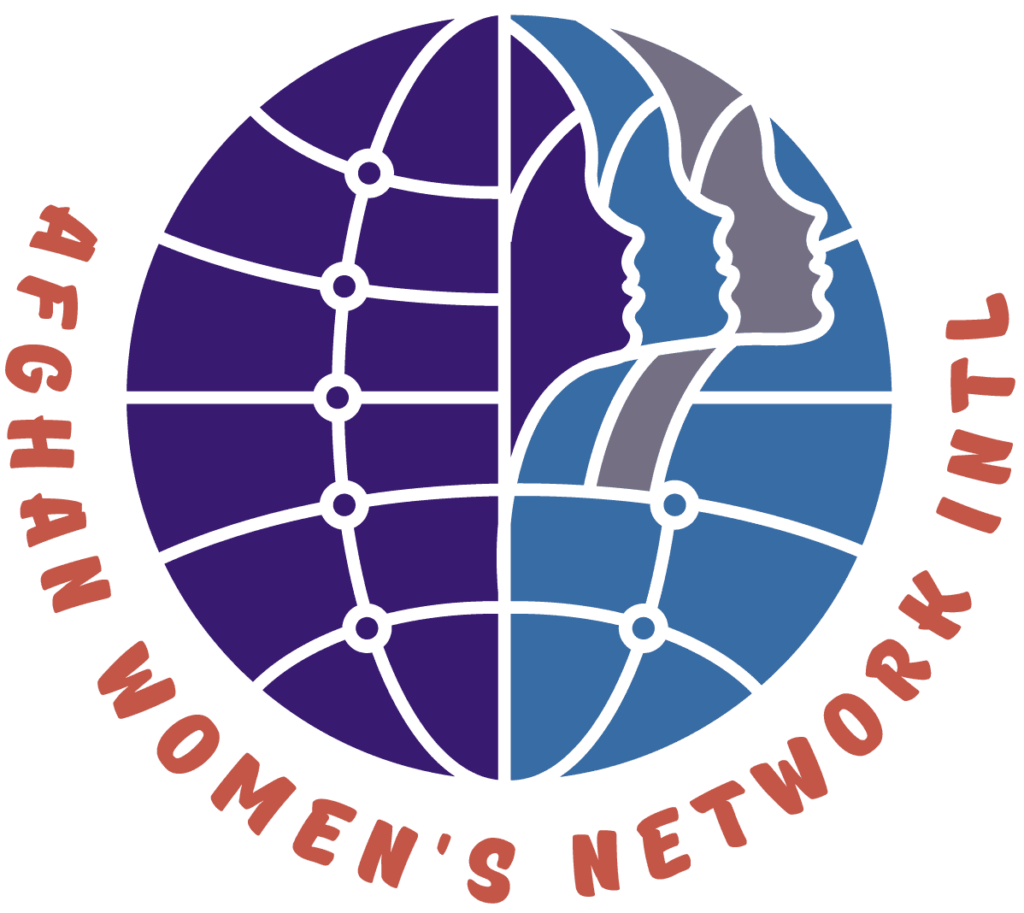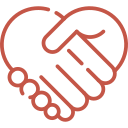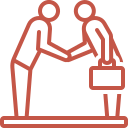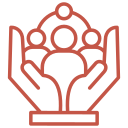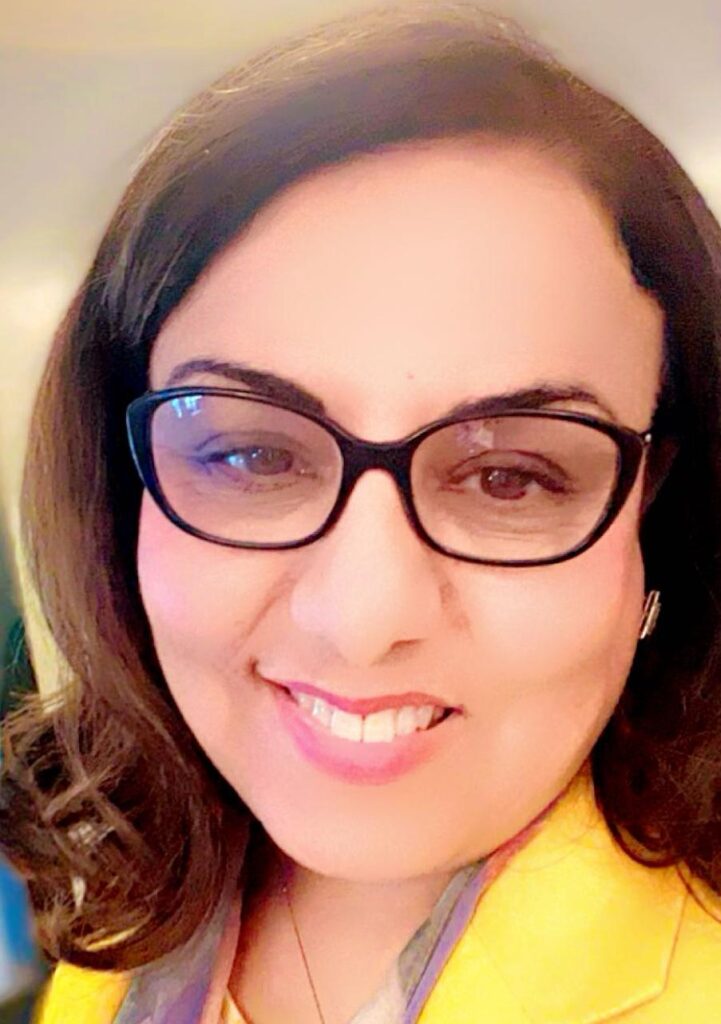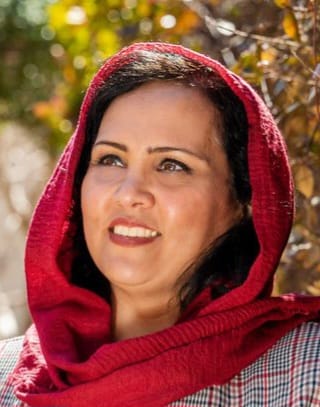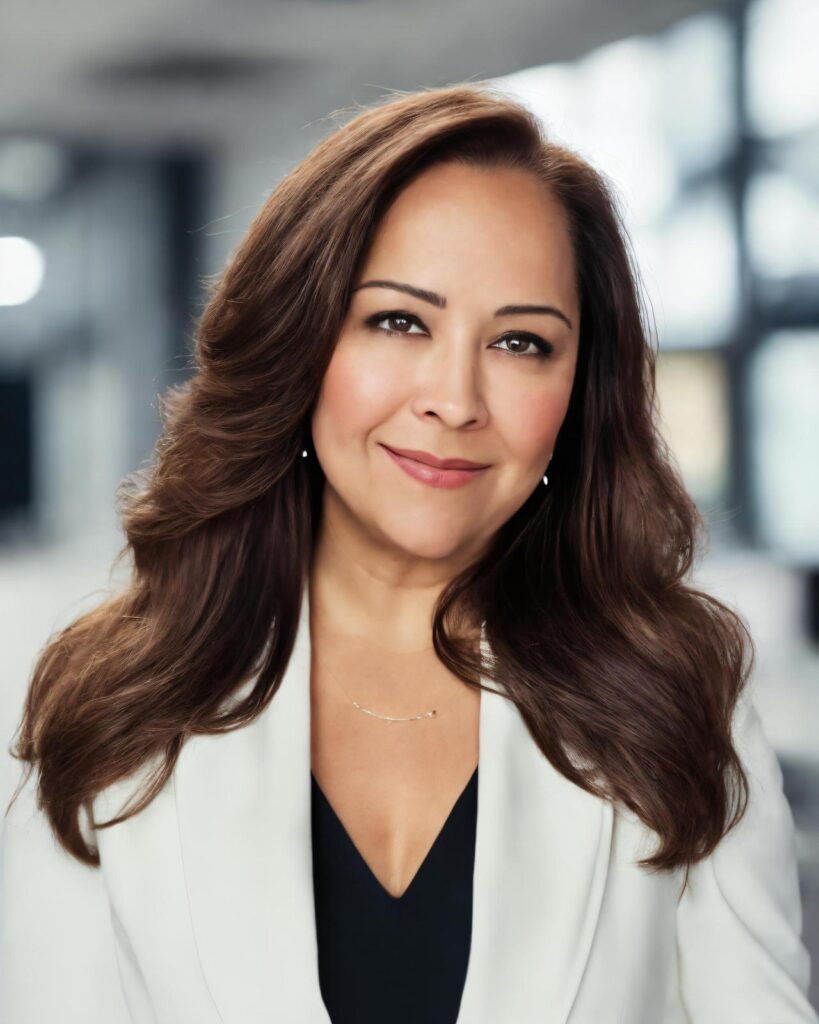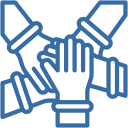Our Story
In August 2021, Afghanistan changed overnight. As the Taliban seized control, Afghan women—many of whom had led peace efforts across the nation and who had fought tirelessly for decades to reclaim their rights—were once again erased from public life. In a matter of days, hard-won freedoms were stripped away. Women were barred from education, employment, government positions, and even the simple act of movement without a male guardian. Journalists, teachers, nurses , activists, and leaders who had dedicated their lives to justice found themselves hunted, silenced, or, in many cases forced into exile.
We are those women.
Scattered across the world, we refuse to let our displacement define us. From our grief and loss, AWNI (Afghan Women’s Network International) was born—not just as a network, but as a force to resist the ongoing erasure of Afghan women. Our mission is twofold: to reconnect and support Afghan women in exile and to organize and advocate against the Taliban’s continued oppression and gender apartheid.
But our struggle does not exist in isolation. The world is facing urgent crises—wars in Ukraine, Palestine, and Sudan dominate global headlines. As new conflicts emerge, Afghanistan risks fading even further from international memory. Yet, nearly four years later, the Taliban’s gender apartheid continues. Girls remain banned from secondary schools. Women are still barred from universities and workplaces. Afghan women continue to be erased. And the world simply cannot afford to look away.
AWNI stands as a reminder that the fight for Afghan women’s rights is far from over. Through advocacy, policy engagement, and global solidarity, we ensure that Afghan women’s voices are heard—even when those in power try to silence them. Our existence is an act of resistance.
We are still here.
We are still struggling.
we will not – and never will – be erased.
